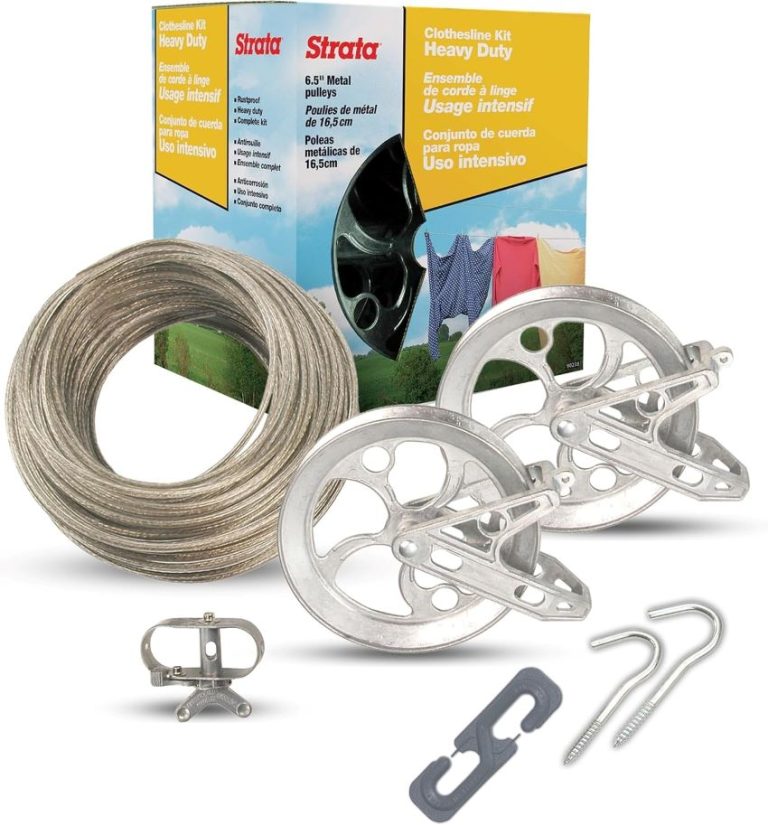You’re not the only one who feels uncomfortable when someone asks you personal questions. Everybody has an aspect of their life they would rather not share.
A study from 2015 revealed that 93% people confessed to not being honest with their therapist. A study in 2018 showed that 84% people omitted details such as their sexual life and suicidal feelings.
It can be difficult to feel vulnerable during therapy. There are plenty of ways to help you feel more comfortable with your therapist.

Reasons it is important to open up during therapy
About 75% people go to therapy and experience benefits. You’ll get more out of something if you give it more effort. It’s difficult to be open with someone you don’t know. Even though it may seem logical to you that this space is safe, that small part of you will remain guarded and cautious.
This is when opportunities are missed. If you distort or omit facts, your therapist might think that a certain issue is less or more important than what it is. This can affect the support you get.
They can better understand your needs and goals if they are aware of them.
Honesty in therapy strengthens the therapeutic relationship and allows for an individualised treatment plan. This can lay the foundation for future disclosures of painful truths. It may not get any easier but at least it will be more comfortable. For more information on Couples Counselling Cheltenham, consider www.cheltenhamcounsellor.co.uk/couples-counselling-cheltenham

Disclosure of confidential information
Many clients are concerned about the fate of information that they have shared. You’re entitled to some questions about privacy. Are you worried that your therapist will tell colleagues your problems over coffee? Or that they will write about you in a novel or study?
It’s a no. Imagine your therapist as a professional vault or secret-keeper. It is not possible to get out what you put in.
Tips for opening up to therapy
Opening up during a therapy session is not always easy, but here are just a few tips from those who work in the field to ease the process:
- Plan ahead
- Stay grounded
- Choose the best time to schedule your appointment
- Clarify privacy issues
- Start small
- Write a letter
- Mirror practice is a great way to improve your communication skills
- Allow the therapist to take charge
- Refer to something
- Challenge yourself
- You’re not alone.













+ There are no comments
Add yours